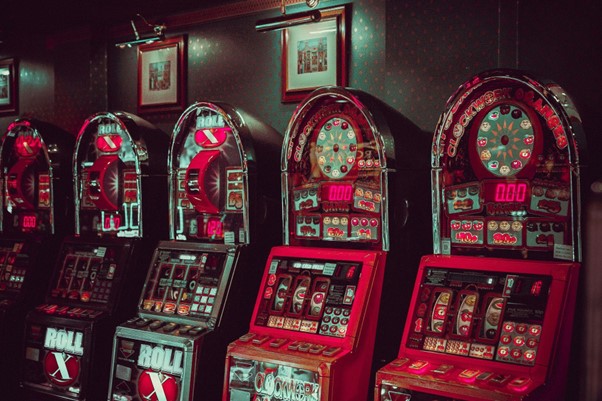I’m confident you’ve come across the term Return to Player, or simply RTP in some way. If you’re a newbie, it might be your first interaction with such terms. But for practised gamers, it already tells a story.
Whether you’ve heard it or not, it is really important for everyone in the iGaming industry to understand RTP, especially in relation to slot machines.
In this article, I’ll explain RTP, how it affects your winning potential, and why it’s fundamental to consider it when spinning the reels.
So keep reading.

RTP Explained in Simple Terms
In iGaming, RTP stands for Return to Player. It is largely denoted as RTP to represent the percentage of all wagered money the site or game will pay back over time. However, remember that it’s the winning percentage I’m referring to here.
In its simplest format, RTP measures how much money you can expect from a site in the long term. Still confused? Let me break it down further with a simplified example.
Suppose I wager $100 on a machine with an RTP of 96%; it will pay out $96 for each $100 I wagered. However, it doesn’t mean I’ll always win $96 on every spin, but I can expect to win 96% of my bets back over a large number of spins.
Yet again, you should note that every site title has varying RTP defined by the gaming rules and mechanics. The writers at casinomeister feature slots with varying RTP percentages, but with hundreds of the best casinos of 2024 listed, finding a game to play won’t be a difficult task
Theoretical RTP Vs Actual RTP
Before I explain why RTP is important to beginners, let me distinguish between these terms.
Theoretical RTP refers to the total amount of money a game theoretically pays depending on the amount wagered. On the contrary, the actual RTP is the amount the machine pays over an extended period of time.
In most cases, the percentages are almost similar but vary between each online site. Also, remember titles are random, so expect anything when spinning the reels.


Why Does RTP Matter?
You now know what RTP is and how it works. But why is it important if you can’t predict the outcome? Well, I found out that RTP can greatly influence your betting strategy in the long run.
Let’s say you’re playing a popular slot with 98% RTP. In this case, you’ve a better chance of winning compared to a game with a 90% RTP. That’s better, right?
However, it doesn’t guarantee a higher chance of winning, and it may, at times, become the complete opposite. I also noticed the RTP depends on the player base, total spins, personal sessions, and other metrics.
To be honest, playing higher RTP machines can be pretty more profitable. So, if you’re a frequent gamer, higher RTP can contribute to more winnings in the long run. But for occasional gamers, the RTP won’t be your redeemer.
I know finding higher RTP titles is just a start for newbies. The next step is to find that button and spin the reel. To help you maximise profits, I have listed a few tips to enhance your experience:
- Choose the right machine
- Spin the reel at trusted, secure, and reputable sites
- Capitalise the opportunity with bonuses wisely
- If available, use practice in demo mode
- Stick to a budget
How to Calculate RTP
When it comes to calculating RTP, I use a simplistic formula to understand the percentages, giving me insights into the game. While you may think the calculation is near to impossible, it’s actually very simple.
Ready to dive into some arithmetics? Here’s how I did it:
I divided the total amount I received from the machine by my wager and expressed it as a percentage.
That’s it. I’ve also accompanied it with the below example for better understanding:
Suppose the machine pays you $9700 and the total amount wagered by is $10,000; the RTP can be calculated as follows:
(9700/10,000)*100% The answer is 97%.
However, take note that you can only calculate the RTP after numerous spins, usually hundreds to millions of spins. If you’re wondering where the 3% goes, it remains with the site.
The Volatility Factor
I can’t conclude this article without talking about volatility, as it goes hand in hand with RTP. In simpler form, high-volatility machines tend to pay less often but with bigger winnings, and vice versa.
Let me use an example. Suppose I’m playing a very high volatility machine. I’ll mainly see losses but with infrequent wins with higher payouts.
This means the machine will have very many losses but high-paying winnings when I land a win.
Do you think RTP really matters to beginners? In general, I find it an important aspect of slots. This is because RTP has a direct impact on winnings and can also influence the entire game, particularly when combined with volatility.
So, it’s up to you to choose a popular slot with a higher RTP. But keep in mind that a high RTP doesn’t guarantee more frequent wins.

